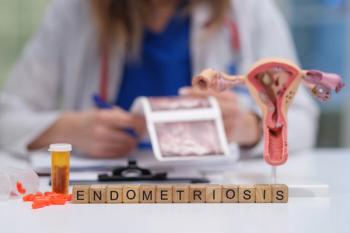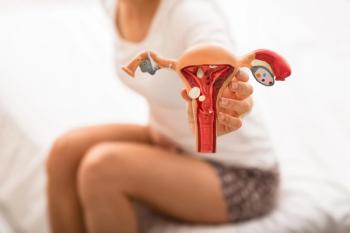
Unmet Needs in Endometriosis Treatment
Hugh Taylor, MD, provides insight on remaining gaps in care in the endometriosis treatment landscape.
Episodes in this series

Hugh Taylor, MD: There are still gaps in the treatment of endometriosis. One is we don’t have drugs that can be used to enhance fertility in patients with endometriosis. I hope we develop those. Those will probably be nonhormonal because altering reproductive hormones, which are necessary for pregnancy, is not a way to treat infertility. Understanding the basic pathophysiology of the disease has given us many clues and targets to pursue that may be good treatments for endometriosis that won’t alter hormone levels and will allow conception. We’re working on some of those in the laboratory. I think that’s one of the key things that we need to develop with these nonhormonal treatments that’ll be useful in endometriosis-related infertility.
I think the other gap is in diagnosis. We’re pretty good at diagnosing endometriosis clinically, and we just really need to be thoughtful and proactive about doing that, but diagnostic tests other than laparoscopy will be very helpful in making that early diagnosis, allowing for screening for endometriosis. There are several biomarkers under development now. I think we will have an endometriosis blood test within a few years that will make this diagnostic process much easier. Right now, cyclic progressive pelvic pain is typically endometriosis. I think we just need to be more proactive about making a clinical diagnosis and treating these women and not allowing them to go through years of pain before they get treatment.
The other thing that we need is more awareness. The women who are experiencing pelvic pain need to know this is not normal, not to have it dismissed, to know that there are treatments available. They need to feel empowered to speak up. We need to make sure that health care providers are aware of the disease, the clinical symptoms of the disease and the various treatment options available. I hope that people come away from this presentation thinking the patient with that cyclic pain, and that's the key, endometriosis pain is cyclic in character, varies with the menstrual cycle, and tends to progress over time. A woman with cyclic progressive pelvic pain most likely has endometriosis and should begin empiric medical therapy.
Transcript Edited for Clarity
Newsletter
Get the latest clinical updates, case studies, and expert commentary in obstetric and gynecologic care. Sign up now to stay informed.











